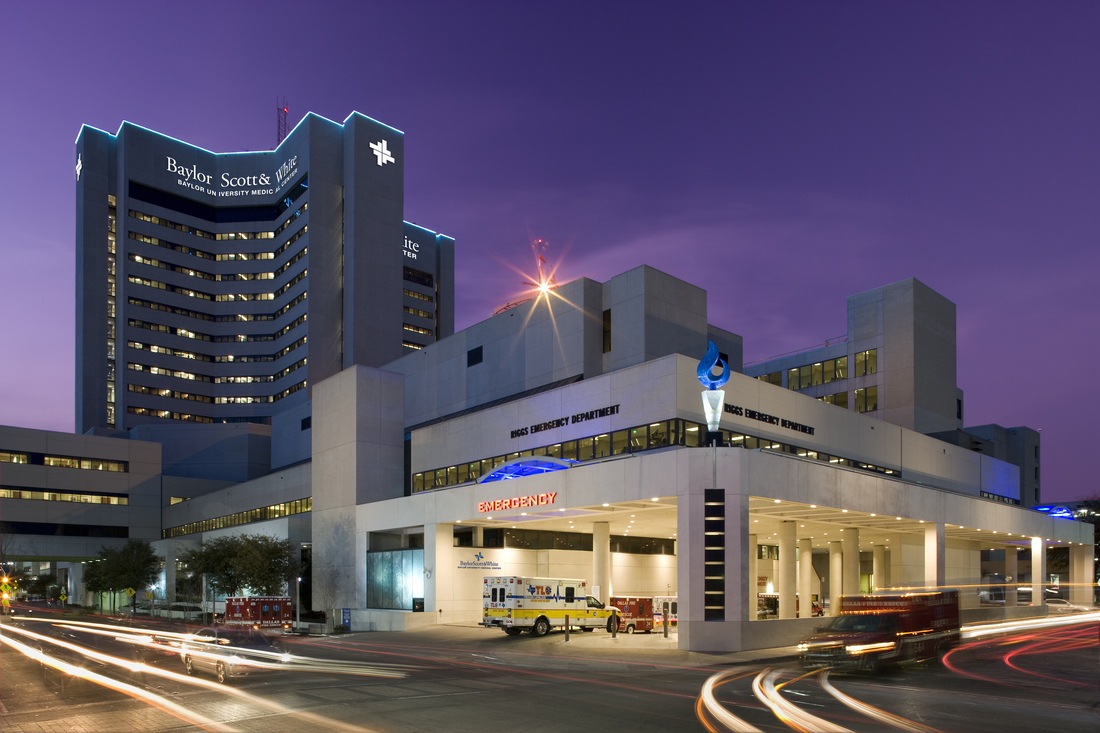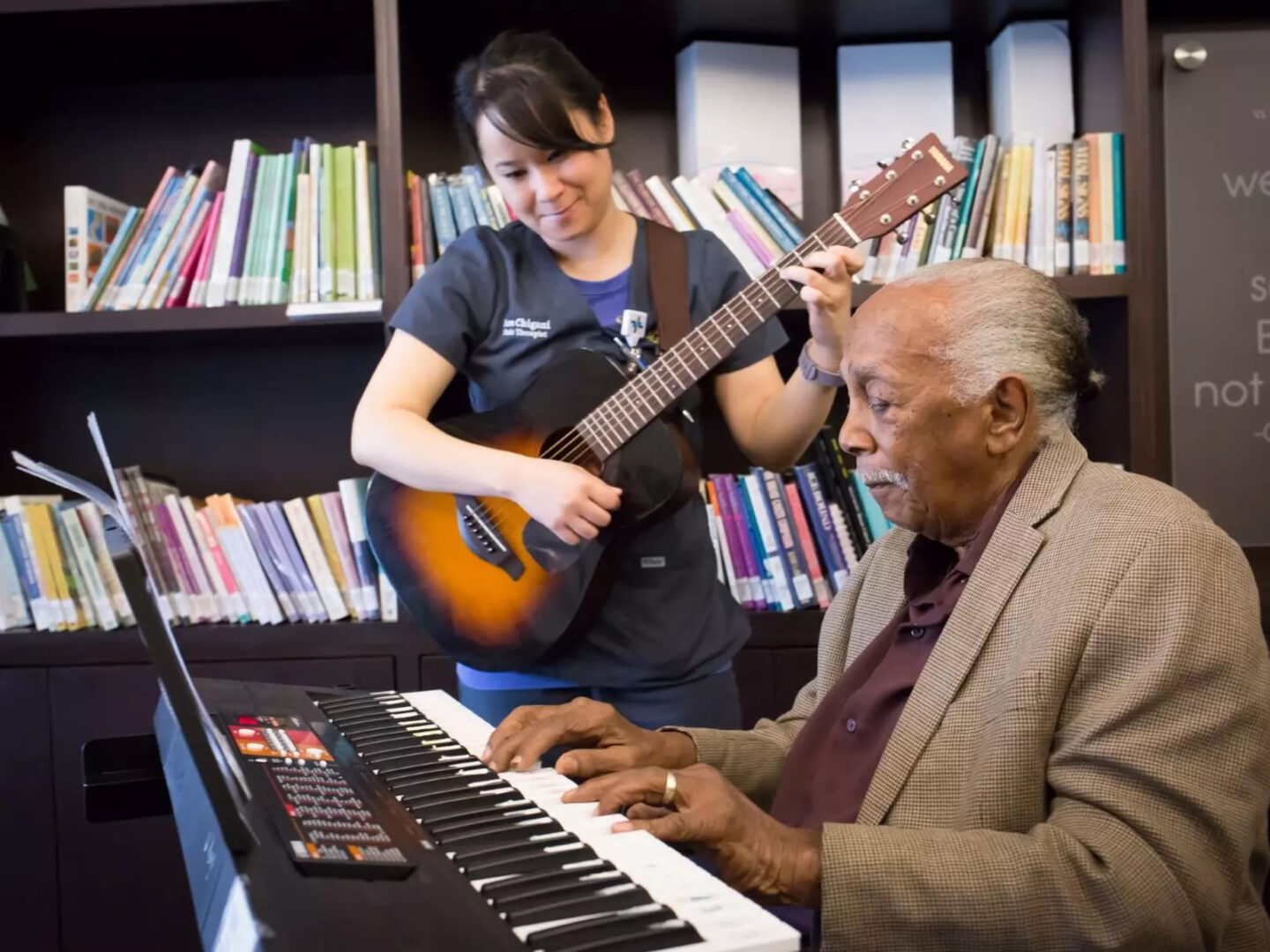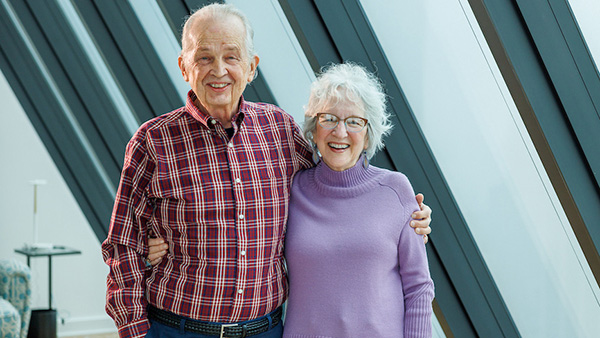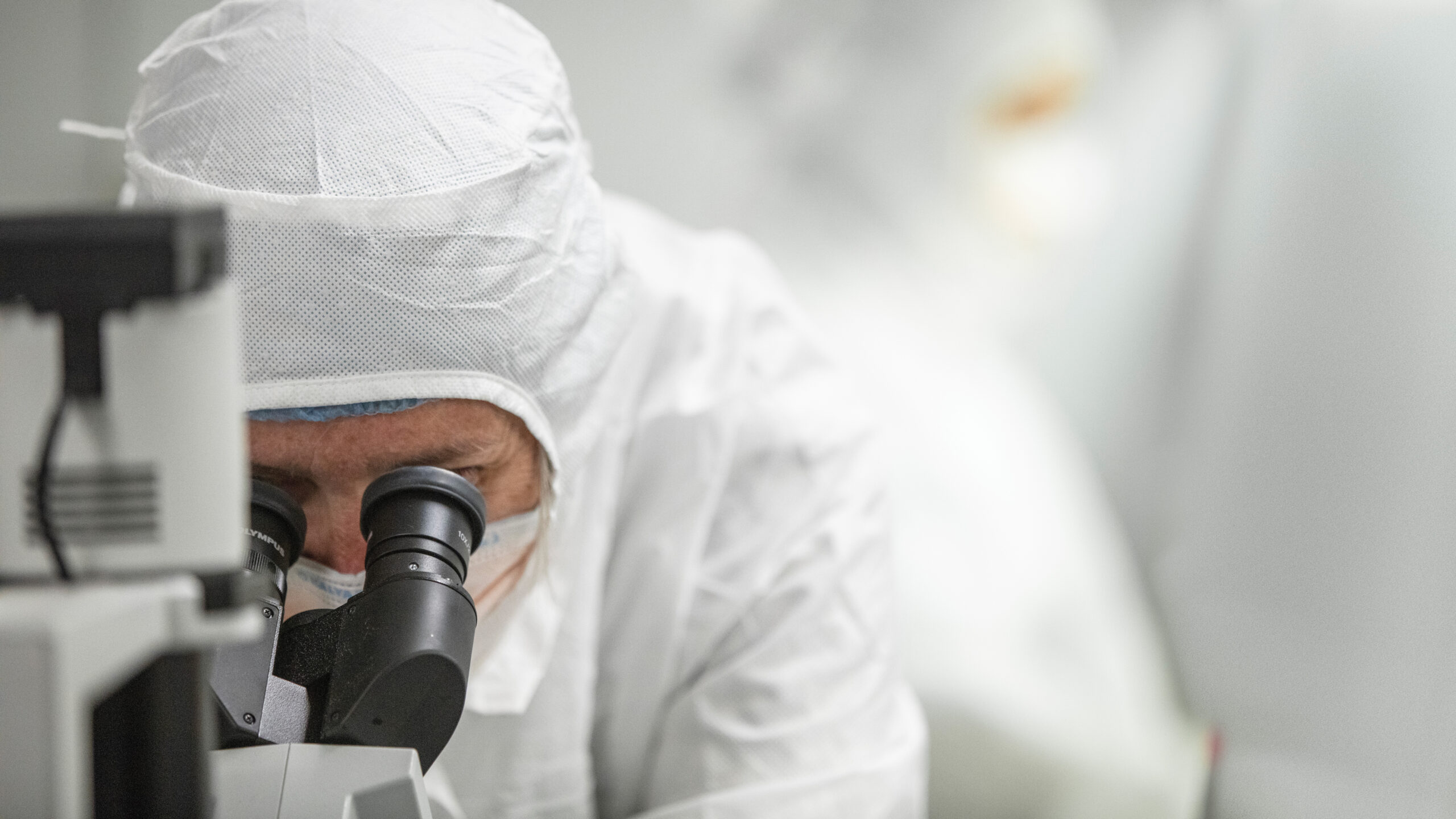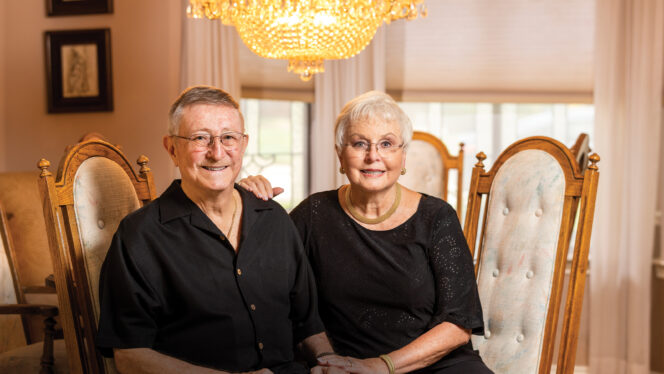Baylor Scott & White Research Institute is conducting more than 20 research initiatives and counting…
As the global response to the COVID-19 pandemic continues, Baylor Scott & White Research Institute (BSWRI), the research and development arm of Baylor Scott & White Health, is accelerating its pace of bringing clinical trials online.
“While our communities are doing their part by wearing face masks and practicing social distancing and good hand hygiene, our care teams and researchers at Baylor Scott & White are working tirelessly to find effective therapies for this disease,” said Michael Mack, MD, president, BSWRI. “After activating five new COVID-19 clinical trials almost immediately in the early days of the virus’s impact, our COVID-19 therapeutic task force and our four institutional review boards have continued this hard work. We now have more than 20 COVID-19 research trials underway and at least 40 more in review,” he said. “We have an unwavering commitment to helping our communities navigate the uncertainty of this virus to find effective treatments.”
Studying Antibodies

In August, BSWRI enrolled the first patient in the world out of 400 other sites participating in the NIH-sponsored clinical trial for “ACTIV-3.” BSWRI also enrolled the world’s second patient the following day. The ACTIV-3 study is evaluating the safety and effectiveness of the investigational monoclonal antibody LY-CoV555, which was identified in a blood sample from a recovered COVID-19 patient.
The virus grows inside human cells, and an antibody is produced as part of the body’s attempt to attack that virus and prevent it from attaching to more human cells and spreading. A monoclonal antibody is an engineered, highly purified antibody thought to be effective in blocking the virus from entering the cells.
Patients who are hospitalized with confirmed cases of COVID-19 may volunteer to participate in the study, which evaluates the benefit of different monoclonal antibodies in improving hospital discharge rates and sustained recovery at home for patients. Study participants also receive the current standard care for COVID-19, including the antiviral drug remdesivir.
“The science behind COVID-19 has evolved at warp speed, and we have been racing to find lifesaving therapies for our patients since day one. We must remember that well-conducted clinical trials performed with the highest scientific rigor are the key to finding an answer to treat the virus and help our patients,” said Uriel Sebastian Sandkovsky, MD, MS, Baylor Scott & White’s principal investigator for the ACTIV-3 trial and an infectious disease physician on the medical staff at Baylor University Medical Center (BUMC).
Based on its high-quality scientific rigor and successful enrollment in other COVID-19 trials, Baylor Scott & White was selected to be one of this study’s first eight Vanguard sites. Vanguard sites are deemed by the NIH as most likely to successfully recruit patients for a scientific study. Baylor Scott & White was the first Vanguard site to be fully approved to conduct this trial, which is now taking place at 400 hospitals worldwide, and is the highest trial enroller.
“The ACTIV-3 trial is allowing the medical and scientific community to come together to collaborate across traditional boundaries and let the best parts of humanity shine,” said Robert
Gottlieb, MD, PhD, a transplant cardiologist and specialist on viral infections on the medical staff at BUMC and Baylor Scott & White Heart and Vascular Hospital in Dallas.
Researching All Sides of the Pandemic
Baylor Scott & White was the first Texas health system approved to conduct a number of industry-sponsored trials, including remdesivir trials for both moderately and severely ill patients with COVID-19, as well as the first outpatient antibody clinical trial sponsored by Eli Lilly and Company and the first monoclonal antibody study led by Regeneron. The fight does not stop there, however;
BSWRI is a part of more than 20 new clinical trials and research studies that aim to help humankind understand and battle this debilitating virus.
These important research initiatives include clinical trials targeting inflammation caused by the virus, research focused on plasma antibodies, and trials targeting the virus itself.
Additionally, the COVID-19 research program is committed to understanding the psychological impact this pandemic has on society through philanthropically funded studies that will help researchers understand how individuals are coping and finding mental resilience during this time. Led by Ann Marie Warren, PhD, research center director for behavioral health at BSWRI, these initiatives have already collected data on more than 5,500 participants and will investigate the wide range of psychological symptoms, including increased anxiety, depression and post-traumatic stress disorder as a result of the COVID-19 pandemic.
They will also study resiliency in those subjects who seem to be coping despite the impacts of the virus to find ways to bring emotional tools to all. Communities Foundation of Texas provided a generous grant to advance the second phase of Dr. Warren’s research, and to support an additional study being investigated by Thomas Cox, PsyD, director of faculty development and education research in graduate medical education at Baylor University Medical Center, on the risk of suicide for medical clinicians and physicians during and after a pandemic.
Funding the Innovation
Extending investigational expertise across more than 50 medical specialties, Baylor Scott & White Research Institute provides the business and regulatory expertise to accelerate medical
breakthroughs and innovative new treatment models through clinical and translational activities. At outpatient sites and hospitals across the System, BSWRI conducts nearly 2,000 active trials each year.
For decades, BSW Dallas Foundation has received generous support from donors to help advance clinical trials and investigator-initiated studies. Without this donor support and Baylor Scott & White’s dedication and commitment to advancing healthcare through research, these potentially lifesaving trials would not be possible.
“It’s so important for people to get involved and help fund studies like these,” said Dr. Mack. “This is critical research that is going to not only help beat this virus but in addition make an impact on the
way we practice healthcare in the future.”
For more information on opportunities to help fund research that will advance the care for COVID-19 and beyond, please contact Sarah Burdi at 214.820.4721 or Sarah.Burdi@BSWHealth.org.
